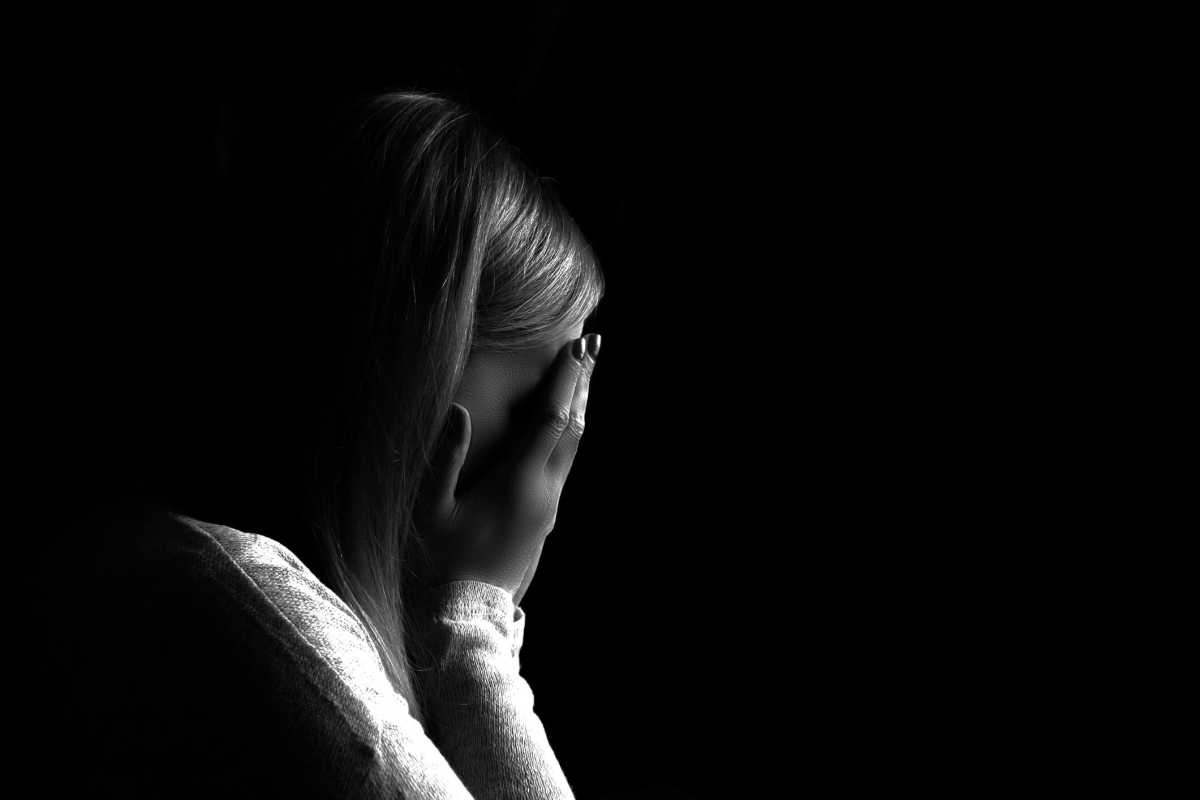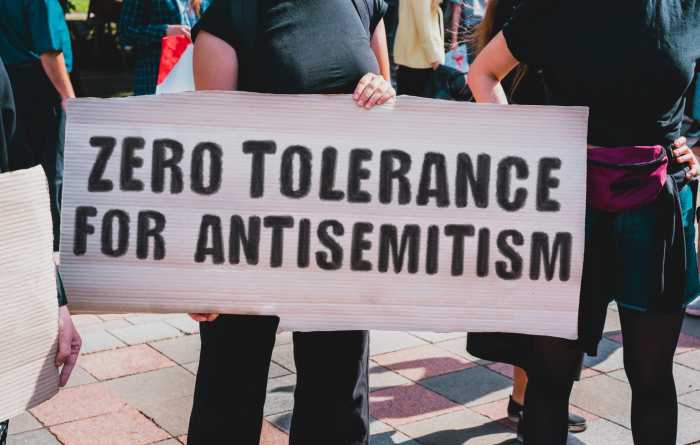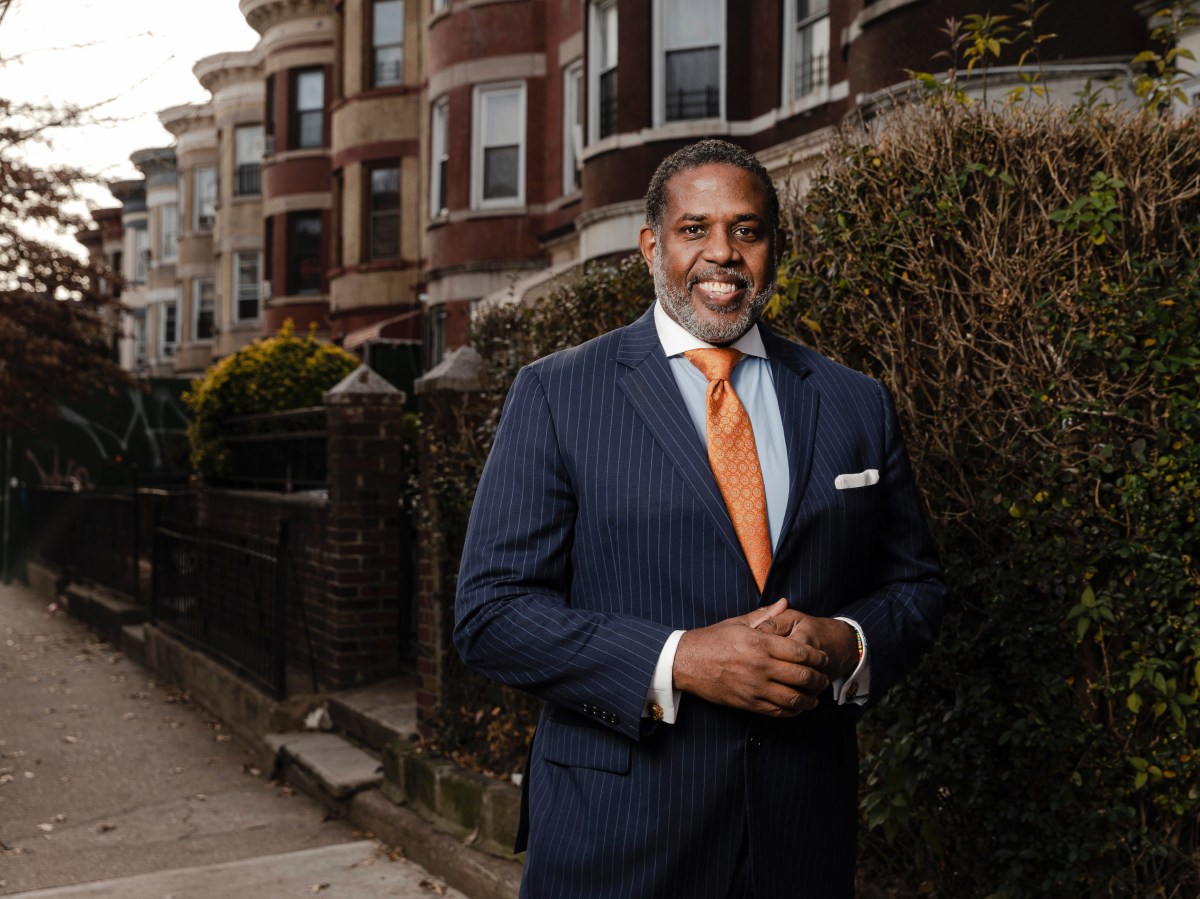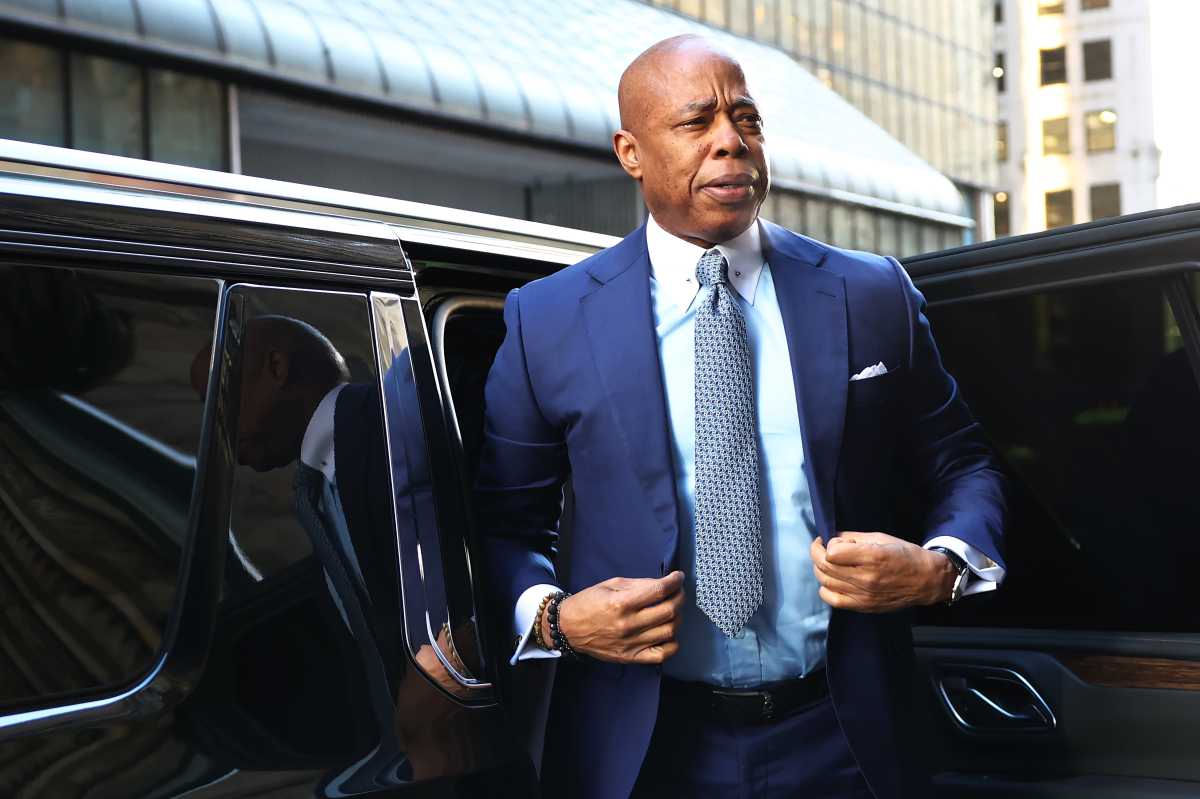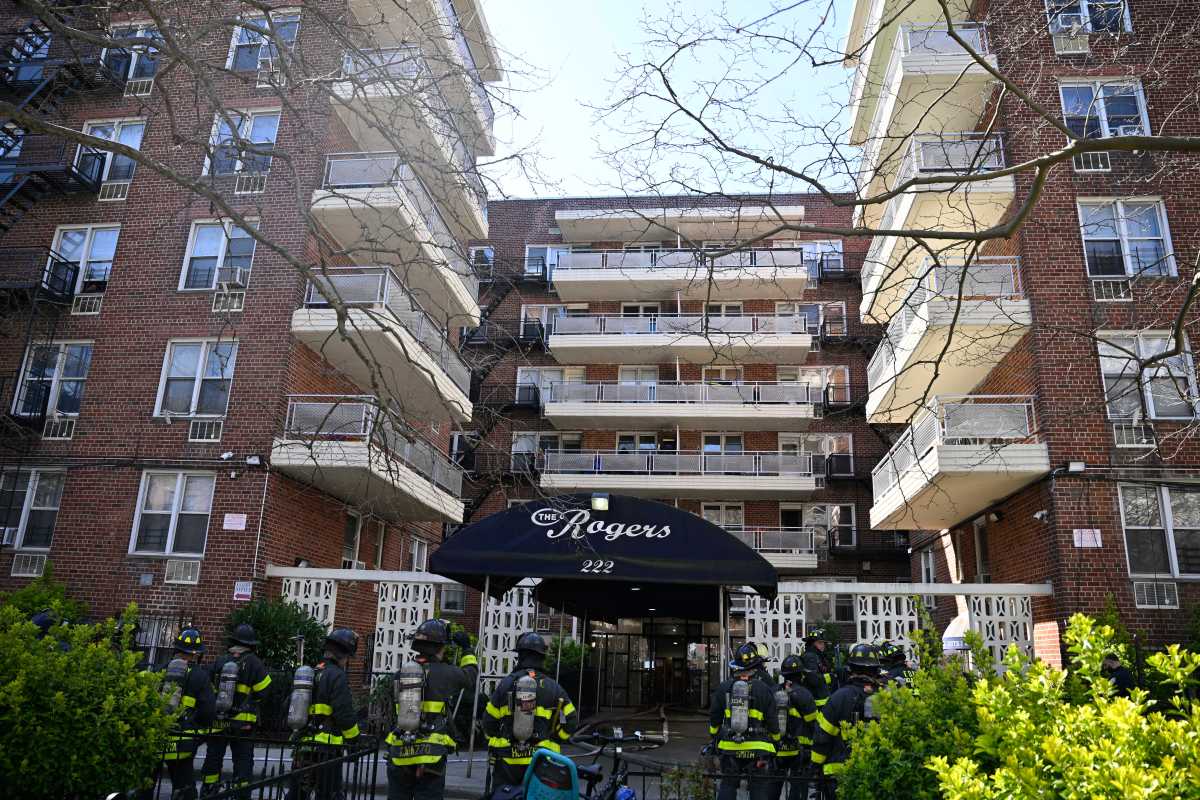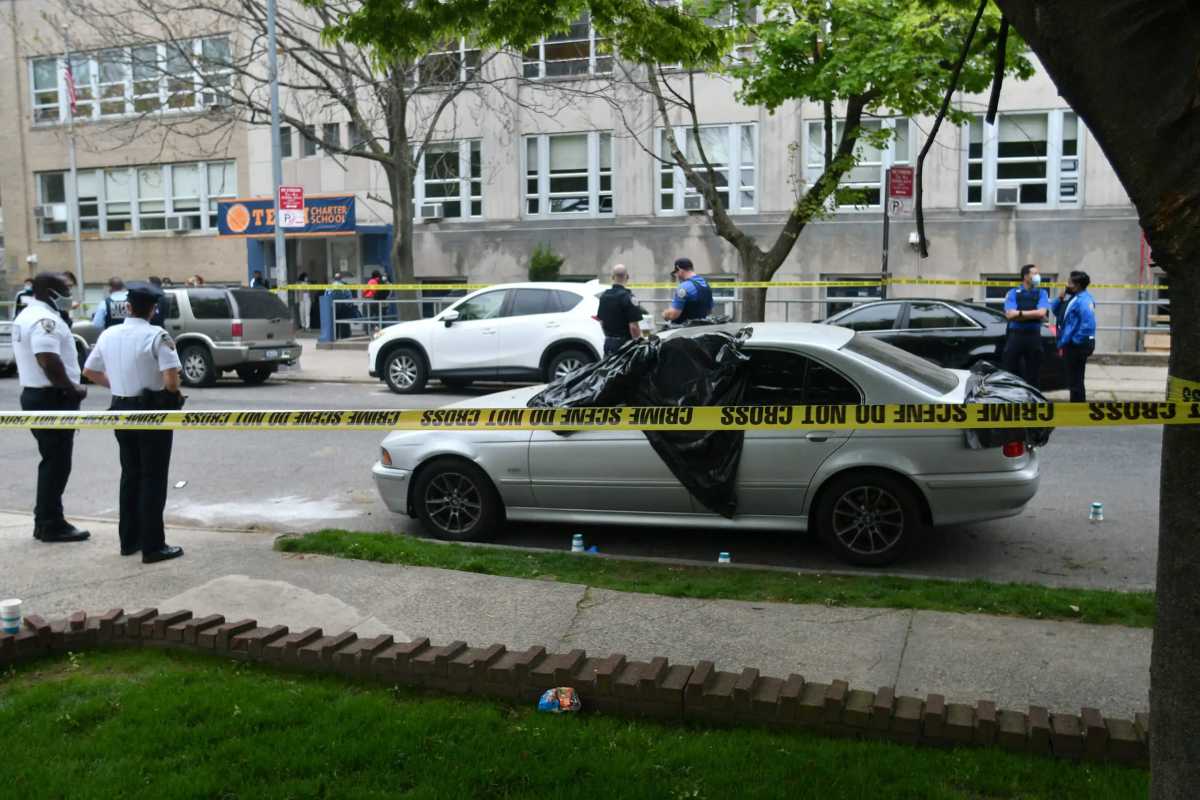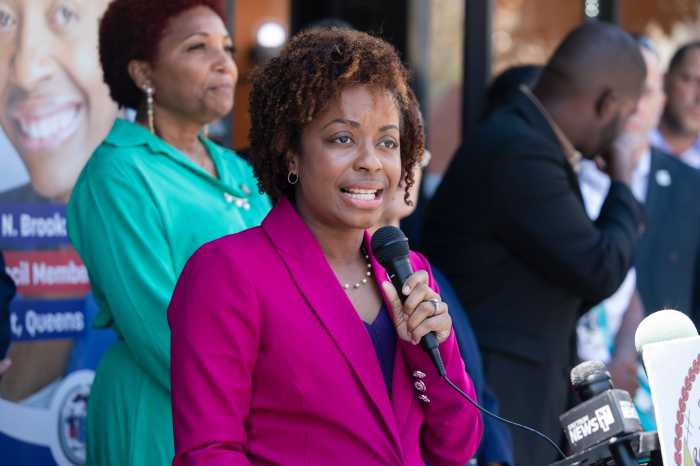Spend an evening riding the subway in New York City, and it will be clear to you that we’re in the throes of a mental health crisis. It’s a humanitarian crisis caused by decades of failed policy and disinvestment in mental health care. Policymakers have begun to take some steps to address it, notably with the restoration of 350 of the roughly 770 psychiatric hospital beds that were eliminated during Governor Cuomo’s administration.
However, our collective efforts to build an effective mental health care system have been hampered by a number of factors, including a severe shortage of social workers.
Social workers perform a wide range of services in nearly every step of the continuum of care in the mental health field. They work in schools, hospitals, community centers, and homeless shelters, offering a lifeline to those who are struggling with depression, anxiety, trauma, and other mental health challenges. They partner with other healthcare professionals to ensure that people receive the necessary care and assistance for their well-being and recovery.
We don’t have enough social workers to fill open jobs. Social work jobs have been ranked as the third most difficult to fill among all sectors in New York City. The U.S. Bureau of Labor Statistics projects a significant increase in demand for social workers, with about 74,900 annual openings predicted through 2031. A 2022 audit by State Comptroller Thomas DiNapoli found that 80 percent of New York City schools failed to meet the recommended ratio of one social worker for every 250 students.
There are a number of reasons for this shortage, not the least of which is low pay relative to other positions. Another problem – one that is within our reach to solve – is how prohibitively difficult it is to become a licensed social worker, even in a non-clinical, entry level role.
Currently, to become a Licensed Master Social Worker (LMSW) in New York State, individuals must navigate a rigorous process that includes earning a master’s of social work degree from a state accredited program, completing training in child abuse identification and reporting, and passing the Association of Social Work Board’s (ASWB) licensing examination.
Established in 2002, the licensing exam has been criticized for being unnecessary for entry level, non-clinical social work. There is no indication that success on a standardized test correlates with a social worker’s ability to do their job well. As Social Workers for Justice says, “Many graduating social workers have also worked for many years in social service positions. We are fully capable of competently performing in entry level social work positions.”
The licensure test has also proven to disadvantage social workers of color. A 2022 ASWB analysis revealed troubling racial disparities in exam pass rates nationally, with only 44 percent of Black social work graduates and 62 percent of Hispanic/Latino graduates passing the exam in 2021, compared to 85 percent of white graduates.
For these reasons, Illinois, Rhode Island, Connecticut, and Utah have passed legislation eliminating the requirement for an examination to receive an LMSW license. Several states, including California, never required the exam. And similar disciplines in New York, like mental health counselors, have no entry level exam requirement in our State at all.
After Illinois removed the requirement for non-clinical social workers to take a licensure test, the state gained 10,000 new licensed social workers in two years. The State of Rhode Island tripled their workforce. Yet, neither state saw any uptick in practice violations.
There is legislation pending in Albany – the Social Worker Workforce Act – that would repeal the superfluous examination requirement. Inspired by Assembly Member Jessica González-Rojas and State Senator Samra Brouk, the legislation has the support of a wide range of leaders in the field who recognize that this exam is standing in between thousands of qualified social workers and the communities they are eager to serve.
By passing the Social Worker Workforce Act, New York has an opportunity to strengthen the social work profession, expand access to mental health services, and better support those in need of care, particularly communities of color. Repealing the exam requirement for LMSW licensure will streamline the licensing process, attract a more diverse pool of social work professionals, and ensure that qualified individuals can enter the workforce quickly to help address the building crisis in our communities.
Despite our reputation, New Yorkers are caring, kind people who want to help people in need. This is exemplified by our social workers. Let’s fill the unfilled social work positions at this time of great need. Let’s follow the lead of other states and increase and diversify our mental health workforce.
Erik Bottcher the Council Member for Council District 3, which includes the neighborhoods of the West Village, Chelsea, Hell’s Kitchen and Times Square. Jacqueline Mondros, DSW is Dean and Professor Emeritus at the Stony Brook University School of Social Welfare and Interim Executive Director of Social Workers for Justice.



